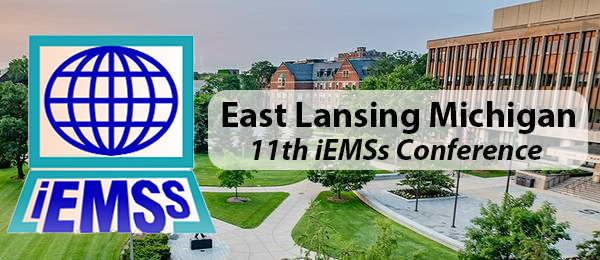Keywords
Bio-methane; viability assessment; system dynamics modelling
Start Date
7-7-2022 12:20 PM
End Date
7-7-2022 12:40 PM
Abstract
Globally, renewable gas projects are becoming increasingly popular due to energy networks facing increasing pressure to decarbonize. Bio-methane production is an example of such a technology, as it allows decarbonization both from avoidance of natural gas and use of waste streams as feedstock. Further, unlike other renewable gas technologies such as hydrogen, it is fit for use with existing infrastructure. However, the commercial viability of these bio-methane schemes is largely dependent on government policy and incentives. As such, despite the significant commercial success in Europe, the production of bio-methane and its injection into existing gas networks is currently non-existent in many countries. To facilitate adoption in countries where this technology is not as developed yet, there is a need for a consistent approach for a project scale assessment (across a range of infrastructure and operational factors), to understand the overall viability, where the opportunities and barriers lie, and how projects respond to uncertainties in policy and energy supply. To address this need, we have developed a framework that provides a consistent approach to evaluating the viability of future fuels projects, and that identifies the processes and key data requirements required to do so. Based on this framework, we have also developed a generalized system dynamics model to quantitatively assess these opportunities at a project level and allow for decision making under deep uncertainty. Using Australia as an example, the system dynamics model is demonstrated on both a generic rural and urban case study. The results show how government support, but also factors like utility costs, transport costs, feedstock security and revenue streams affect the viability of bio-methane projects, and hence the ability of gas energy networks to decarbonize.
A framework and system dynamics modelling approach for performing viability assessments of bio-methane projects in newly adopting countries
Globally, renewable gas projects are becoming increasingly popular due to energy networks facing increasing pressure to decarbonize. Bio-methane production is an example of such a technology, as it allows decarbonization both from avoidance of natural gas and use of waste streams as feedstock. Further, unlike other renewable gas technologies such as hydrogen, it is fit for use with existing infrastructure. However, the commercial viability of these bio-methane schemes is largely dependent on government policy and incentives. As such, despite the significant commercial success in Europe, the production of bio-methane and its injection into existing gas networks is currently non-existent in many countries. To facilitate adoption in countries where this technology is not as developed yet, there is a need for a consistent approach for a project scale assessment (across a range of infrastructure and operational factors), to understand the overall viability, where the opportunities and barriers lie, and how projects respond to uncertainties in policy and energy supply. To address this need, we have developed a framework that provides a consistent approach to evaluating the viability of future fuels projects, and that identifies the processes and key data requirements required to do so. Based on this framework, we have also developed a generalized system dynamics model to quantitatively assess these opportunities at a project level and allow for decision making under deep uncertainty. Using Australia as an example, the system dynamics model is demonstrated on both a generic rural and urban case study. The results show how government support, but also factors like utility costs, transport costs, feedstock security and revenue streams affect the viability of bio-methane projects, and hence the ability of gas energy networks to decarbonize.



Stream and Session
false